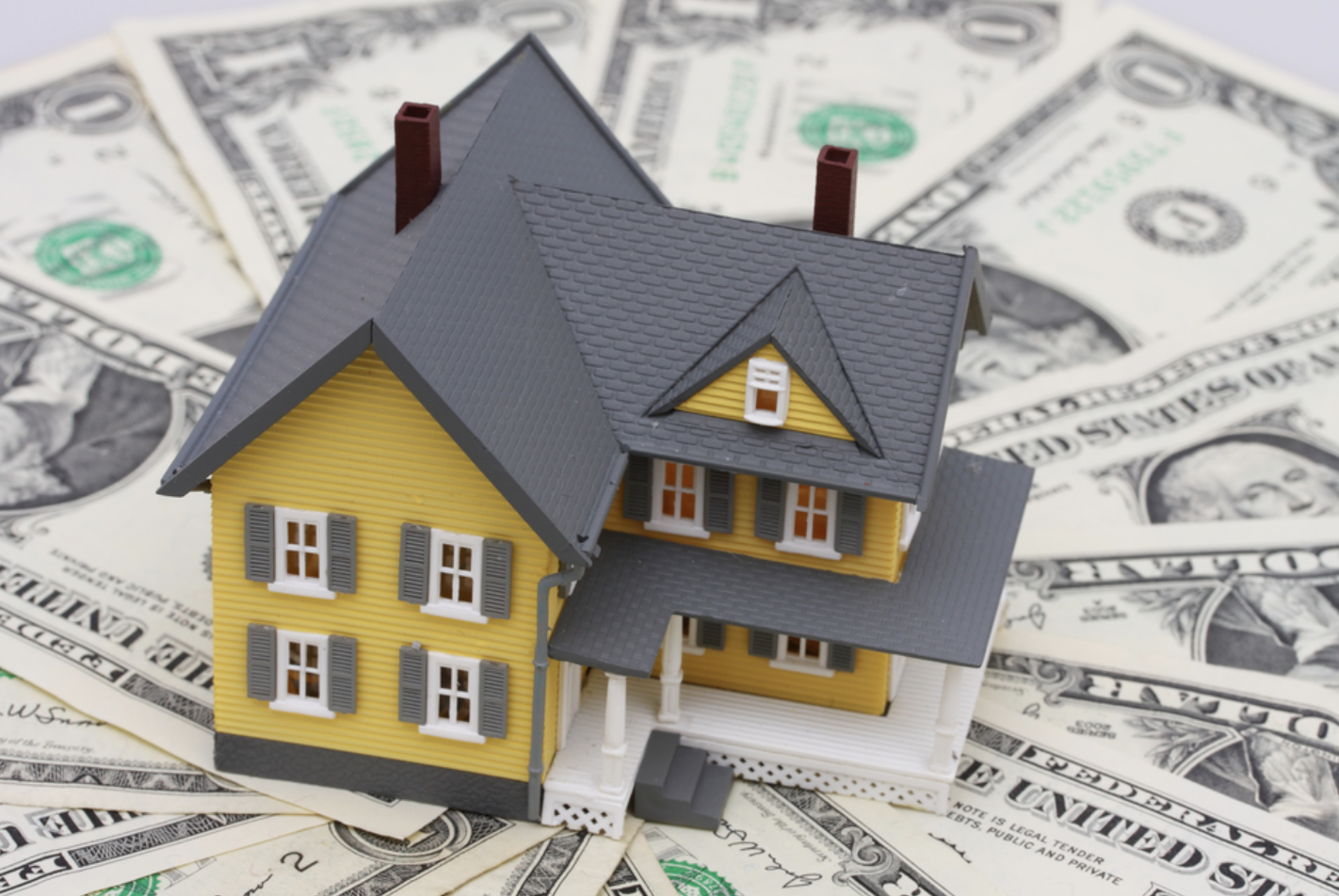10 Influential Factors in Property Valuation
What are the key factors that influence property valuation?
Property valuation is influenced by a variety of factors, both internal and external. Here are some key factors:
- Location: The location of a property is often considered the most critical factor in determining its value. Factors such as proximity to amenities (schools, hospitals, shopping centers), transport links, crime rates, and desirability of the neighborhood can significantly impact property value.
- Size and Layout: The size of the property, including both the land and the building itself, as well as its layout, number of rooms, and overall floor plan, play a crucial role in valuation. Larger properties or those with more functional layouts typically command higher prices.
- Condition: The condition of the property, including its age, maintenance history, and any renovations or upgrades, affects its value. Well-maintained properties generally have higher valuations, while those in poor condition may be valued lower.
- Market Trends: Property values are influenced by broader market trends, including supply and demand dynamics, interest rates, economic conditions, and demographic trends. Changes in market conditions can have a significant impact on property valuations.
- Comparable Sales: Comparative market analysis, which involves comparing the subject property to similar properties that have recently sold in the area, is a common method used to determine property value. Comparable sales data provides valuable insight into the local market and helps appraisers assess the value of a property.
- Features and Amenities: Specific features and amenities of a property, such as swimming pools, garages, outdoor space, and high-end finishes, can add value. The presence of desirable features can attract buyers and contribute to a higher valuation.
- Zoning and Regulations: Local zoning regulations, land use restrictions, and environmental factors can impact property value. Restrictions on development, for example, may limit the potential use of the property and affect its value.
- Economic Factors: Economic indicators, such as job growth, income levels, and overall economic stability, can influence property values. Strong economic conditions generally lead to higher property values, as there is greater demand for real estate.
- Interest Rates: The cost of borrowing, as determined by prevailing interest rates, affects the affordability of real estate and can impact property values. Lower interest rates typically stimulate demand for property, driving up prices.
- Property Taxes: The amount of property taxes levied on a property can impact its value, as higher tax burdens reduce the net income potential for investors and homeowners alike.
These factors, among others, collectively determine the value of a property and are considered by appraisers, real estate agents, and potential buyers when assessing its worth.
Justin Brickman
RENE | Real Estate Negotiation Expert
SRS | Seller Representative Specialist
All City Real Estate
San Antonio, Texas
210-827-6020


